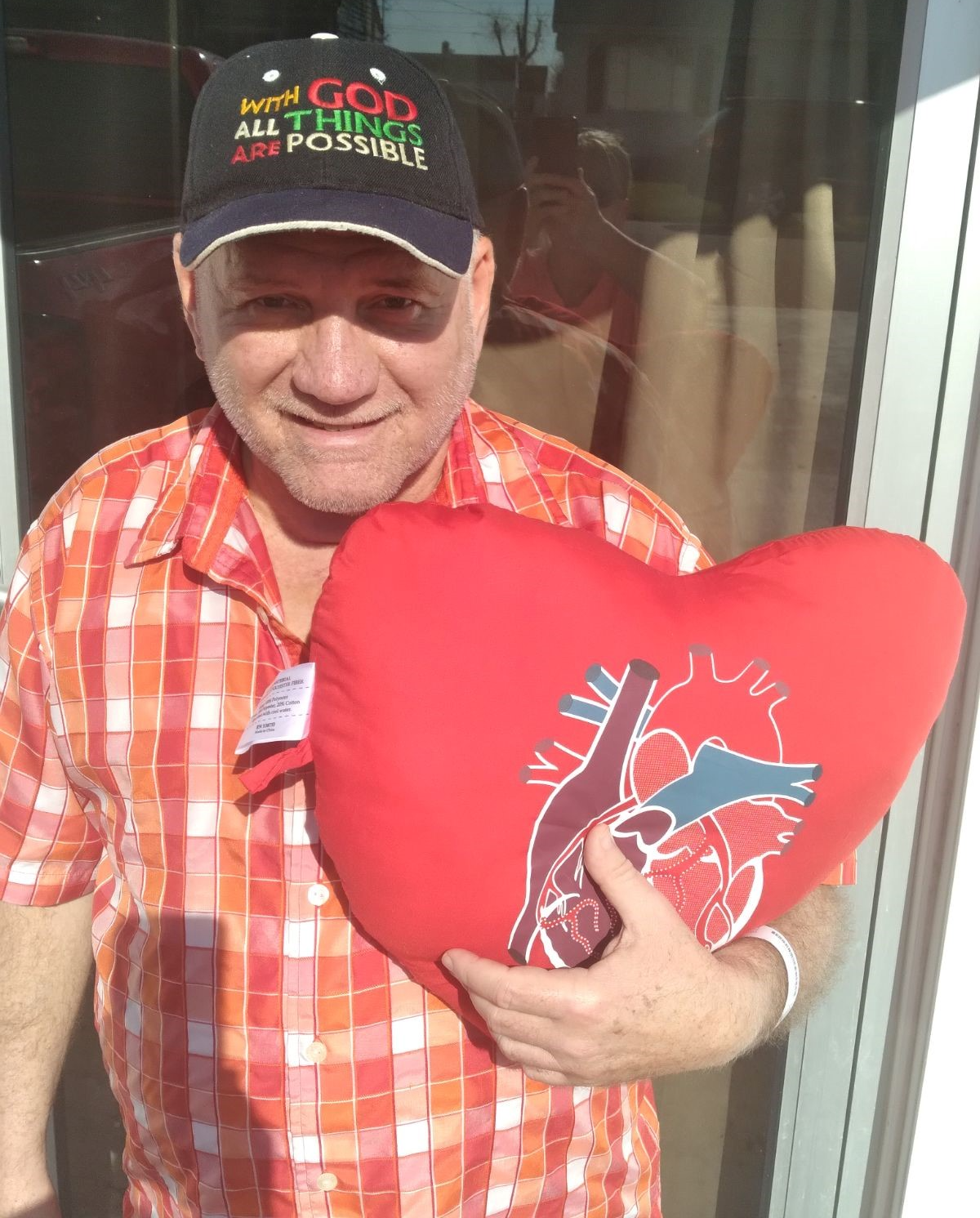
'It’s silly not to have those done’: Preventative screenings might have saved Connersville man’s life

At
60-something-years-old, it's easy to chalk up just about anything to the normal
effects of aging.
Back, hip, or
knee pain? Getting old isn't easy on the body, you say.
More easily
winded after taking on a flight of stairs? Well, you're not as young as you
used to be, you tell yourself.
That's just
what Bill Flanigan of Connersville did.
"I never
thought anything about it, but I realized I would get out of breath easily and
had a tightness or burning sensation in my chest," he said. "But as you get
older, you never know what's just the regular aches and pains."
Still, when
Flanigan saw an ad in his local newspaper for preventive screenings at a
reduced price at Reid Health, he decided the time was right to get checked out.
"I'd been
thinking for a long time about getting the screenings," he said. "It's silly
not to go have those done for the price."
It was a
decision that might have saved his life.
A heart CT scan
came back with a shocking result. Anything above 400 for a calcium test score
from the scan is considered a strong indication of coronary artery disease.
Flanigan's score was nearly two and a half times that.
"It was
frightening. I felt like I needed to see a heart doctor as soon as I could," he
said.
Flanigan
happened to already have an appointment coming up with his endocrinology
provider, Nurse Practitioner Annie Duke at the Reid Endocrinology Center.
"I told her
what the score was, and I asked her, 'What would you do?' Flanigan said. "She
said, 'I'd refer you to a cardiologist, and in fact, I'm going to do that right
now."
Flanigan's next
appointment was with Muhammed Quraishi, MD, of Richmond Cardiology Associates.
An initial EKG test came back fine, but the stress test that followed was even
more worrisome than the calcium score.
"For the price of it, I strongly recommend it because it might end up saving your life. You might have a problem you're not even aware of, just like me." -- Bill Flanigan
"I got totally
out of breath and experienced some chest tightness," Flanigan said. "Dr.
Quraishi said the imaging they do as part of the test showed extensive damage
to the bottom of my heart."
To confirm the
results, Flanigan underwent a heart cath. That revealed a 50% blockage on the
right side of his heart and blockage on the left side that went from 90% at the
top to 99% at the bottom.
Flanigan needed
open-heart, triple-bypass surgery.
"I wanted to
have surgery as quickly as possible," he said. "I was afraid I might die before
I could have it done."
A short time
after his diagnosis, Flanigan had his surgery. He was back home to finish his
recovery after a five-day stay at the hospital, feeling much better about his
future health and thankful he hadn't put off the preventive screenings any
longer.
"For the price
of it, I strongly recommend it because it might end up saving your life," he
said. "You might have a problem you're not even aware of, just like me."
To learn more
about routine preventive screenings available at Reid Health or to request an
appointment, go to reidhealth.org/screenings.

